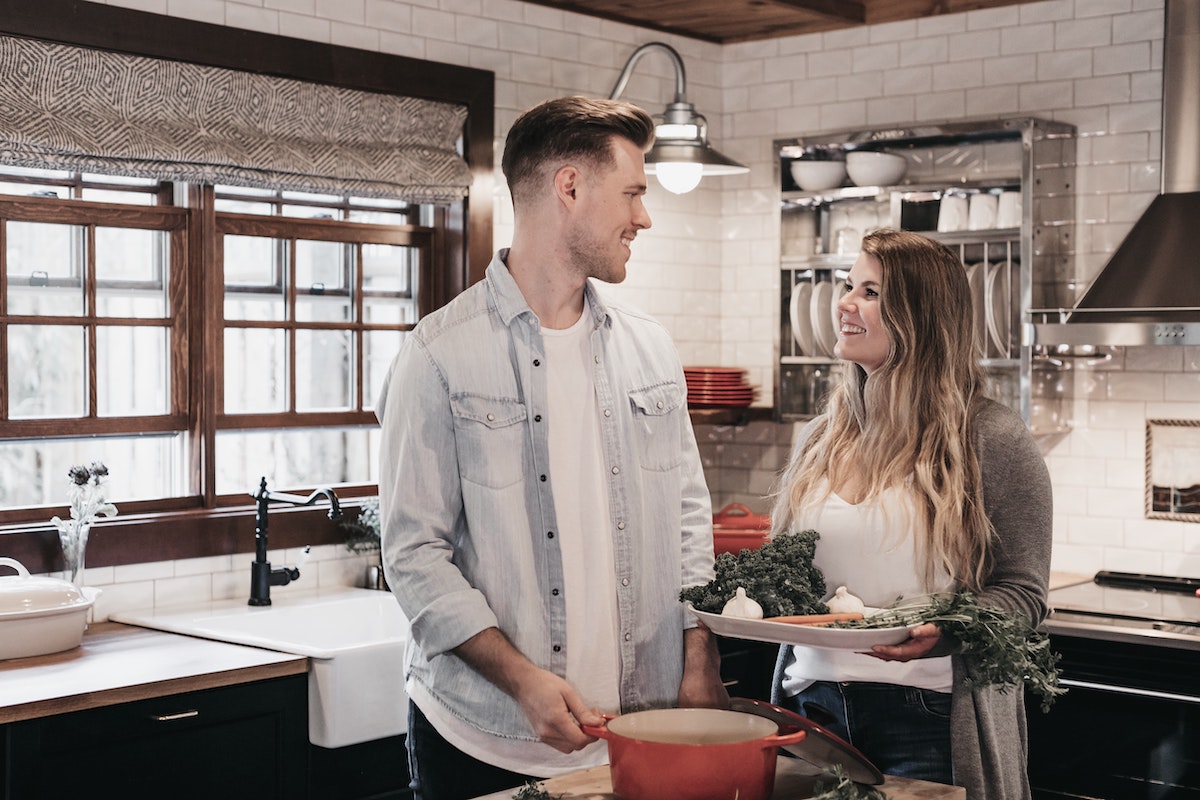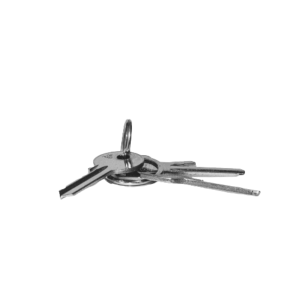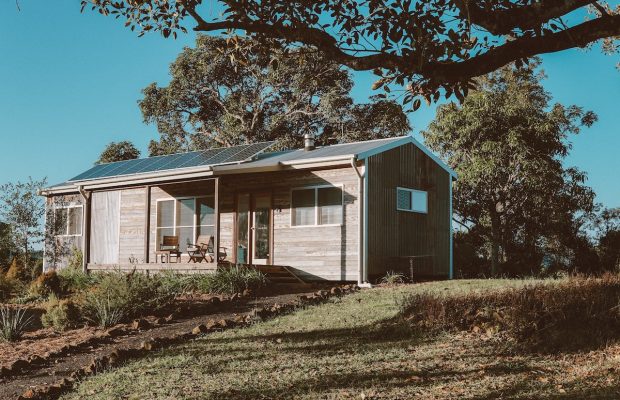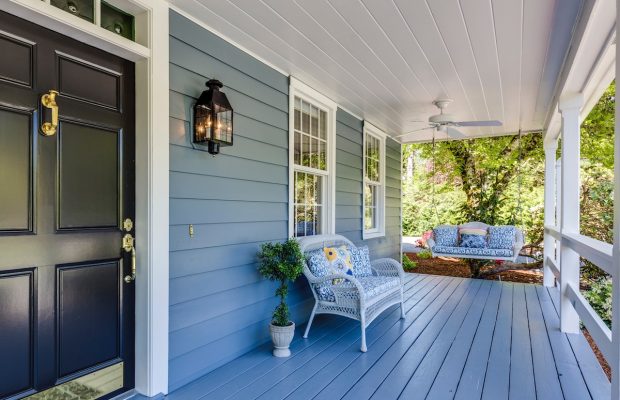An Expert’s Guide To Buying Your First Home

Buying a home may be one of the biggest financial decisions you’ll ever make. So, if you’re looking to buy your first home, you will likely have some questions about how the process works.
You may be wondering about how contracts work and when to involve your conveyancer or solicitor. Or, perhaps you’re wondering how to make an offer on a home.
This article will answer these questions and more while providing you with a guide to buying your first home.
What’s in this article
- Work out how much you can afford
- Research NSW first home owner grant
- Organise your finances and get pre-approval to purchase
- Know exactly what you’re preparing to purchase
- Engage a solicitor or conveyancer
- Submit an offer
- Exchange contracts and make the deposit
Work out how much you can afford
The first step in the home buying process is to work out how much you can spend. Generally, you will need 10% to 20% of the purchase price to pay as a deposit on a home loan. Once you’ve saved your deposit, you need to look at your borrowing capacity that is to say, how much a bank will lend you.
You may choose to use online “mortgage repayment” calculators. Using these tools, you can estimate fortnightly and monthly repayments to get an idea of what borrowing amount you can afford to pay off over a fixed number of years.
You may also choose to use “borrowing limit” home loan calculators, which take into account basic information such as your income to provide an estimate of how much a bank might lend you, also known as “borrowing capacity”.
When forecasting affordability, you need to be aware of hidden costs. These costs include stamp duty, land tax, legal fees, loan application fees, mortgage insurance, building and pest inspections, strata fees and council rates.
When applying for a home loan (later on in the process), your chosen finance provider will advise you of the amount you are pre-approved to borrow. The bank will take into account your financial situation and preliminarily approve your loan, providing you with the confidence to make an offer on a home. Note that this is not a guarantee that the bank will loan you the money, as behind the scenes they need to verify all your information very carefully and this takes longer to do than providing you with a pre-approval.
Research NSW first home owner grants
As a first home buyer, you may be entitled to first home buyer grants and assistance. For example, you may be entitled to a reduction in, or exemption from, stamp duty.
To find out what NSW first home buyer grants you may be entitled to, head to the NSW Government first home buyer grants and assistance page. If you are eligible, your solicitor or conveyancer will help you lodge your applications and supporting documents.
Organise your finances and get pre-approval to purchase
Now that you have an idea of how much you’d like to borrow, it’s time to get your finances in order. This involves obtaining a home loan pre-approval from your financial institution of choice.
When choosing a leaner, it’s important to carefully compare banks and mortgage lenders to identify the best product for you. There are many factors to consider when choosing the right home loan, such as the interest rate and additional fees. These fees may include application fees, annual fees, exit fees, redraw fees, fees for making extra contributions and more. In making your choice, you may choose to use a financial comparison website such as Canstar, and use a mortgage broker.
Once you have selected your financial institution and home loan product, you can book an appointment to gain pre-approval for a home loan. You may be able to do this through an online appointment with an agent, or by attending an appointment in the branch.
Remember to have the required documentation and information ready. Your bank should inform you of what to have prepared for the appointment.
Having a home loan pre-approved will help you streamline the process for finalising your finances when it comes to making an offer on a home.

Know exactly what you’re preparing to purchase
With your budget in mind, it’s time to start house hunting! Once you have found an appropriate home you are highly interested in, it will be in your best interest to do some further research into the property. You should request the contract of sale, which will specify the terms to which the house is being sold.
This contract should contain a number of additional documents including a zoning certificate, a drainage diagram, a property certificate, a copy of the plan for the land and copies of any documents showing easements. If it is a strata property, it should also contain a copy of the strata plan, and a copy of by-laws concerning the use of common property.
In addition to obtaining the contract of sale, it’s important that you also purchase a building and pest inspection for properties you’re highly interested in. This inspection will report on any pest infestation or other building defects.
Engage a solicitor or conveyancer
Now that you have obtained the documentation such as the contract of sale plus the building and pest inspection, it’s time to engage your solicitor or conveyancer. They will examine the documentation listed above, and ensure that your best interests are protected. Your legal professional will also do background checks, such as title search and certificates checks.
Your solicitor or conveyancer will also check whether the contract includes a survey, a building certificate or a home buyer’s warranty insurance certificate for any renovations.
In using this professional legal service, you will be assured that your ownership rights are not restricted by caveats.
To find out more about our conveyancing service, visit our conveyancing service page.
Submit an offer
After carefully examining the property, you may decide to place an offer. It’s essential that the offer you make sticks within your budget.
Offers can be made verbally, or in writing. Making your via email may help you keep track of negotiations.
It’s important to note that the property is not legally sold until the exchange of contracts has taken place. Before exchanging contracts, the seller may negotiate with other buyers for a higher offer.
Exchange contracts and make the deposit
If your offer is formally approved, your solicitor or conveyancer will organise the exchange of contracts.
In this process, two copies of the contract are prepared (one for the buyer and one for the vendor). When these are signed and exchanged, it is recognised as the official exchanging of contracts.
At the time of exchange, you will be required to pay a deposit, usually 0.25% of the purchase price.
After settlement day, the conveyancer will also submit the transfer documents to the Land Titles Office.
Once the contracts are exchanged and the deposit is paid, you will have a 5 business day cooling-off period, ending at 5pm on the fifth business day.
Settlement, which is the conclusion of the sale, usually occurs six weeks after contracts are exchanged.


